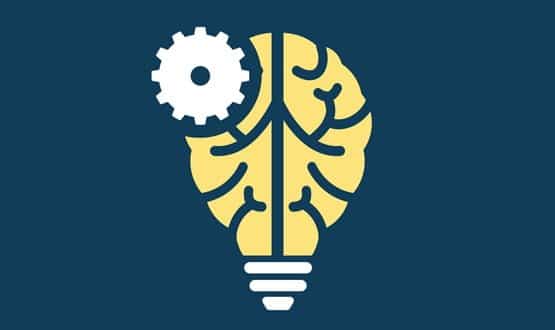Researchers have used machine learning to identify how individual stroke patients might respond to different medications, based on the unique structure of their brain.
An experiment by University College London (UCL) found that applying computer intelligence to data from from people who had suffered a stroke allowed researchers to see what effect drugs had on brains with varying patterns of damage.
For the study, a machine learning algorithm was applied to CT and MRI scans of 1172 stroke patients and mapped the anatomical pattern of damage throughout the brain of each individual.
The researchers then simulated the effects of certain hypothetical drugs, to see if any reactions that would have been missed by conventional methods could be identified.
They found that the algorithm was particularly advantageous when looking at medication effects that reduced the size of lesions in patients’ brains.
Dr Parashkev Nachev, UCL Institute of Neurology and the study’s lead author, said: “Conventional statistical models will miss an effect even if the drug typically reduces the size of the lesion by half, or more, simply because the complexity of the brain’s functional anatomy – when left unaccounted for – introduces so much individual variability in measured clinical outcomes.”
“Yet saving 50% of the affected brain area is meaningful even if it doesn’t have a clear impact on behaviour. There’s no such thing as redundant brain.”
The researchers explained that the machine learning technique was so effective as it treated the stoke as a unique “fingerprint” in each patient, taking into account the presence or absence of damage throughout the brain accordingly.
Fellow author Tianbo Xu, of the UCL Institute of Neurology explained that stroke trials tend to use relatively few, crude variables, such as the size of the lesion, ignoring whether the lesion is centred on a critical area or at the edge of it.
He added, however, their algorithm learned the entire pattern of damage across the brain, “employing thousands of variables at high anatomical resolution.”
“We used well-established methods of machine learning, teaching the algorithm on subsets of data and then testing its performance on other subsets it had not seen.”
While the study only used data from stoke patients, the researchers aim to apply the technique more widely to clinical trials concerning the brain. They added that it could eventually be applied to other medical fields in order to offer patients more effective, tailored treatment.
Speaking to Digital Health News, Nachev said that machine learning will enable them to better predict the course of illness in each individual patient by taking into account not just one or two factors, “but the wide multiplicity that defines our individuality.”
He said such predictions will be extended to optimal treatment, optimal dose, and so on.
“Second, it will allow us to cast light on biological processes too complex to be modelled with the simple inferential techniques in current use,” Nachev added.
“Since in biology simplicity is the exception, not the rule, this will potentially unlock many new areas of understanding that were previously inaccessible.”
The exact role of machine learning and artificial intelligence in healthcare is yet to be determined, however its implications are widespread.
As well as improving the success of clinical trials, it is hoped that the technology will be capable of analysing large sets of human data and spot healthcare trends that could lead to better preventative healthcare.
“I think in time, machine learning will be seen not as an exotic luxury, but the principal way of making sense of biology, for it is far better equipped to deal with it than the simpler techniques of the past,” Nachev said.

